01
Aiming to be a responsible corporate citizen.
We achieved significant progress in our primary Environmental, Social, and Governance ("ESG") domains, fortifying our dedication to sustainability and effectively implementing our sustainability initiatives. Transparency is still ingrained in our reporting and strategy. We hope that this reporting will help to improve confidence among our stakeholders, which include our employees, customers, suppliers, partners, shareholders, peers, and communities.
I am glad to present our goals and our accomplishments in the report. While Century Bond Bhd (CBB) is constantly reminded of and challenged about what "sustainability" means to us, we must first examine our own operations in order to make the necessary internal changes before we can work towards a sustainable future and maintain the United Nations Sustainable Development Goals ("UNSDGs"). By streamlining the process of producing this Report, we were able to take a step closer to adopting optimal sustainability practices this time around. We optimise the narratives while preserving authenticity and comprehensiveness, which allowed us to condense the Report's page count.
KPI PERFORMANCE INDICATORS FOR MOST MATERIAL MATTERS
The Sustainability Reports are extraction from Kumpulan Perangsang Selangor Berhad Sustainability Report. Full report may be accessed via https://kps.com.my/index.php/sustainability/sustainability-report
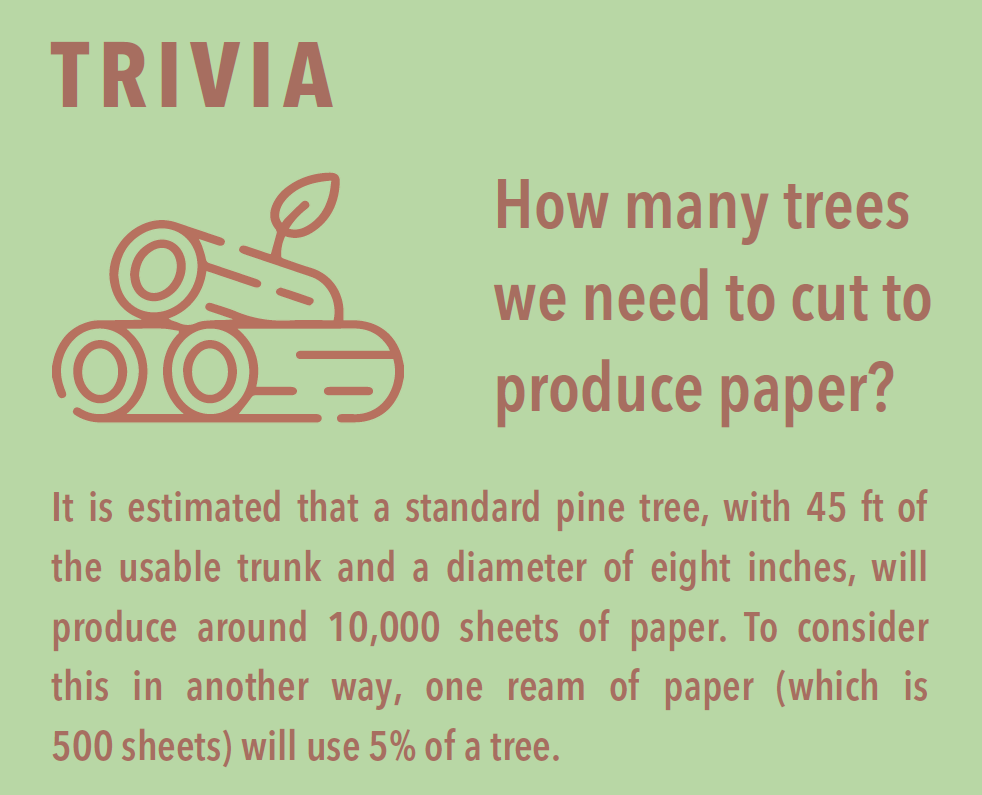
A comprehensive strategy encompassing technology, policy, and individual action is needed to combat climate change. To reduce carbon emissions, governments need to invest in renewable energy sources, set aggressive emissions reduction objectives, and pass legislation. To create green technology, businesses need to innovate and implement sustainable practices. By adopting new habits like taking public transit, using less energy, and purchasing eco-friendly goods and services, individuals may help reduce their carbon footprint and make a positive impact on the environment. In order to reduce the effects of climate change and provide a sustainable future for future generations, cooperation between governments, businesses, and individuals is essential.
In order to combat climate change, a multifaceted strategy involving technology, policy, and individual action is needed. To reduce carbon emissions, governments need to invest in renewable energy, set aggressive emissions reduction objectives, and pass legislation. In order to create green technologies, businesses need to innovate and implement sustainable practices. People can help by changing their lifestyles to reduce their carbon footprint, which includes taking public transit, using less energy, and patronising green goods and services. Governments, businesses, and individuals must work together to reduce the effects of climate change and build a sustainable future for future generations.

In other nations where our value chains are located, such as Malaysia, Europe, China, Indonesia, and Vietnam, unusual storm patterns, intense rain, flash floods, and landslides, were additional physical risk manifestations. Research indicates that as the years and decades go by, the effects of climate change will get more severe. Examining these fundamental issues about how we have been and will continue to run our manufacturing operations to chart our business growth, how we depend on the environment, and how we can collaborate with businesses, governments, and non-profit organisations ("NGOs") to accomplish more than we could alone, for the greater benefit of all parties involved, was therefore only necessary and timely.
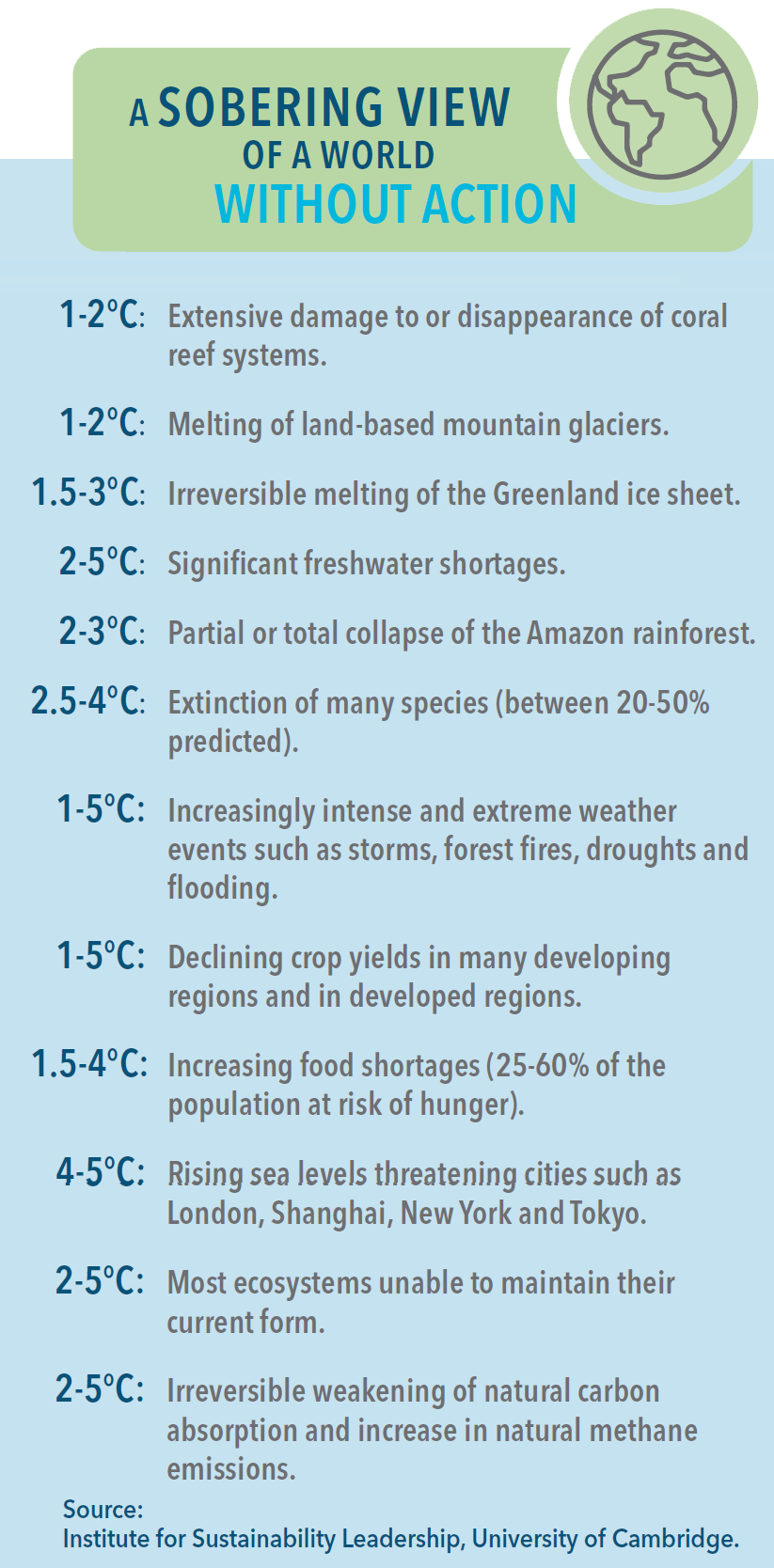
In the annals of our company's history, a significant chapter has been marked not only by a rebranding and the evolution of our visual identity but also by a pivotal shift towards sustainability.
This milestone signifies our commitment to addressing pressing environmental concerns, particularly our greenhouse gas emissions.
By monitoring and managing our emissions, we aim to contribute to the global effort to mitigate climate change and limit global warming to 1.5°C above pre-industrial levels.
Through our inaugural disclosure on Scope 1 and Scope 2 emissions, we've taken a crucial step towards understanding and reducing our carbon footprint.
This journey marks a fundamental shift in our operations, as we strive to embrace sustainability as a core principle guiding our business decisions and initiatives.

As in the past, the Report conveys our support for the UNSDGs by embedding and integrating the related targets into our business strategies and sustainability initiatives. We commit ourselves to considering environmental and social aspects in addition to financial aspects when making our business decisions, recognising their value in ensuring a sustainable, resilient, and inclusive future.
Integrated packaging solutions provider driven by five business divisions, namely Offset, Carton, Paper, Plastics and Original Equipment Manufacturer (“OEM”) for Consumer Products. The Offset division is currently leading the business operating from three plants across Malaysia and Indonesia. The Carton division covers an essential industry with a presence in the Northern, Central and Southern regions of Malaysia. The Paper division operates from three plants across Malaysia and Indonesia. The other two divisions, Plastics and OEM for Consumer Products, continue to support the businesses in providing integrated packaging solutions to customers from the Electrical & Electronics and retail sectors via its plant in Senai.
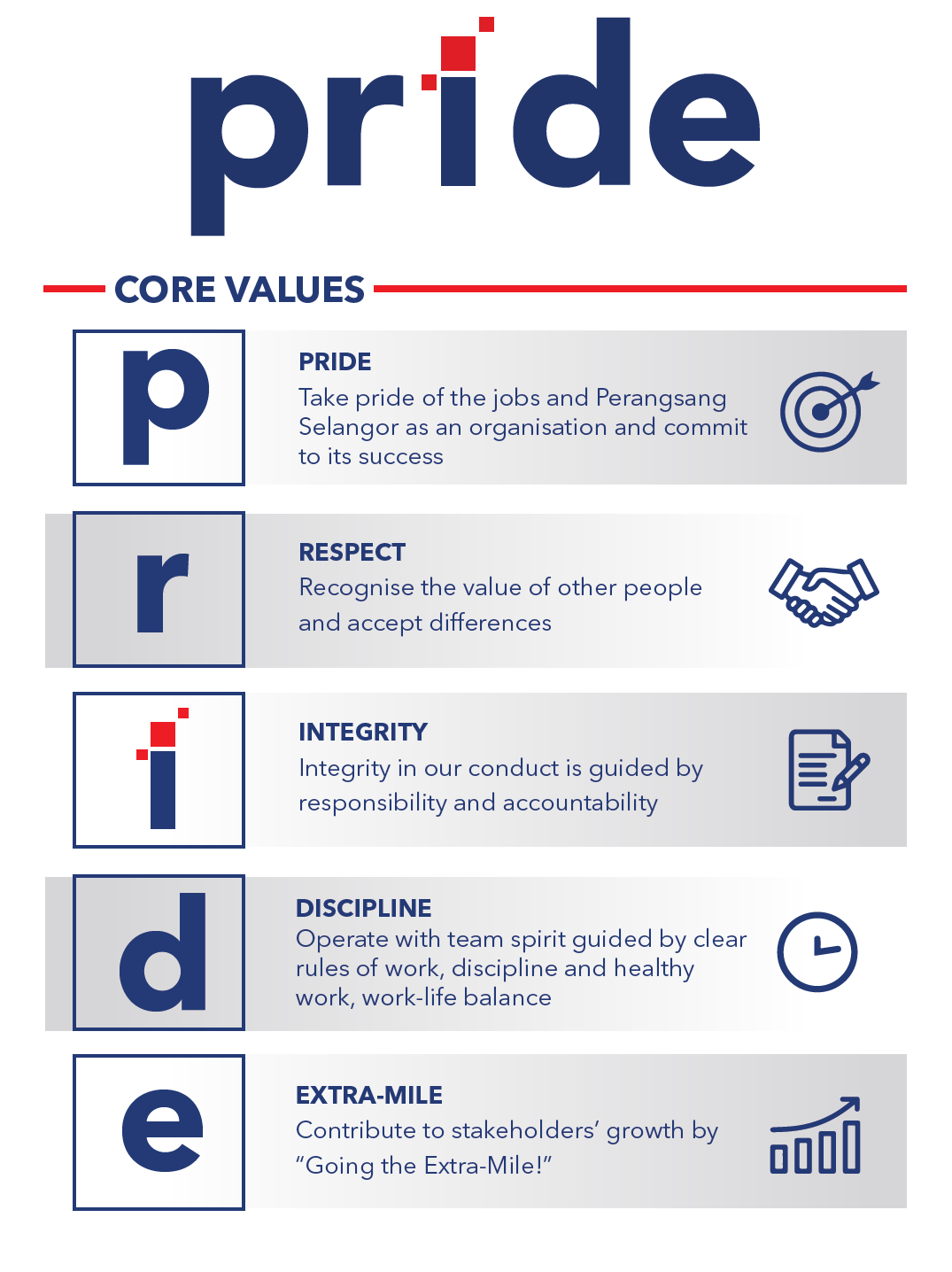
As a subsidiary of public listed investment holding of Kumpulan Perangsang Selangor Berhad (“KPS”), we seek to embed sustainability in our business by operating responsibly through the integration of three core sustainability pillars (Economic, Environment, Social) prescribed by Bursa Malaysia Securities Sustainability Reporting Guide and in compliance with Bursa Malaysia’s Main Market Listing Requirement Practise Note 9 Paragraph 6.
The Economic outlines our efforts in ensuring business sustainability via well-defined strategies, the ensuing action plans, and long-term value creation plans. It also elaborates on how these efforts directly or indirectly contribute to developing the local economy and our interaction with the economic system. In the Environment pillar, we share our initiatives in minimizing the intensity of our environmental footprint. The Social outlines our engagement with the diverse group of stakeholders, narrating how these approaches help us achieve a far greater positive impact on our stakeholder network.
Proactive steps were identified to align ourselves with the following selected United Nations Sustainability Development Goals.
To contribute to sustainable development by balancing the economic, environmental and social sustainability aspects of the business for the benefit of all stakeholders.
To achieve business and operational excellence through responsible consideration and holistic integration of the economic, environmental, and social risks and opportunities.
01
Aiming to be a responsible corporate citizen.
02
Upholding the highest standards of governance and ethics.
03
Promoting sustainable business practices.
04
Limiting the negative impact of our business on the environment.
05
Building and maintaining strong relationships with stakeholders.
The first revision of the Sustainability Policy (“Policy”) was approved by the Board of Directors on 29 November 2018 to ensure the Group’s activities create long-term value for all our stakeholders by addressing Economic, Environmental, Social and Governance ("EESG") opportunities and risks. The Policy clearly states how the Group plans to advance sustainability across its different businesses and in the various sectors. The Group’s Policy was revised on 26 August 2021 to ensure that it stays relevant as a guiding principle by taken into account the latest practices and updated sustainability strategies.
Developing and implementing EES action plans and initiatives, as well as committing to measuring and monitoring the said initiatives;
Adhering to approved business plans and strategic direction, as well as to all applicable laws, regulations and standards;
Addressing environmental challenges and opportunities in our business activities;
Strengthening social well-being and community relationships;
Providing a conducive work environment and operating in a healthy, safe and efficient manner;
Maintaining effective engagement with all stakeholders and Implement effectual governance structure and practice for sustainable development;
No Poverty
Good Health and Well-being
Quality Education
Gender Equality
Affordable and Clean Energy
Decent Work and Economic Growth
Industry, Innovation and Infrastructure
Sustainable Cities and Communities
Responsible Consumption and Production
Climate Action
Life Below Water
Life and Land
Reduced Inequalities
Partnerships for the Goals
Clean Water and Sanitation
Peace, Justice and Strong Institutions
The following set of Century Bond Bhd’s (“CBB”) initiatives towards the integration of sustainability into the business process are in accordance with the Global Reporting Initiative Standard: -
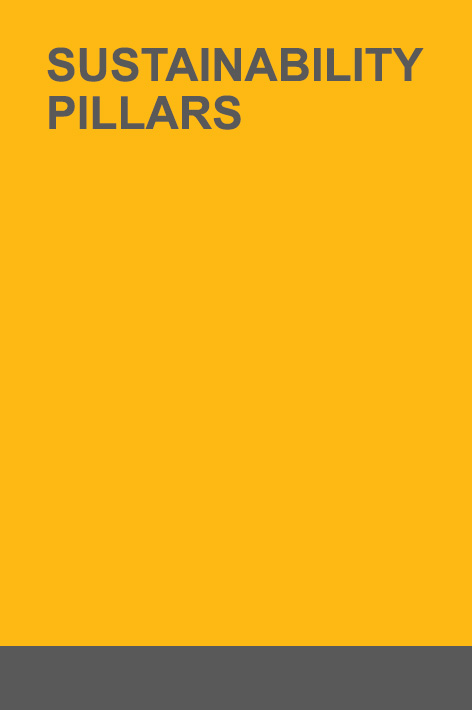
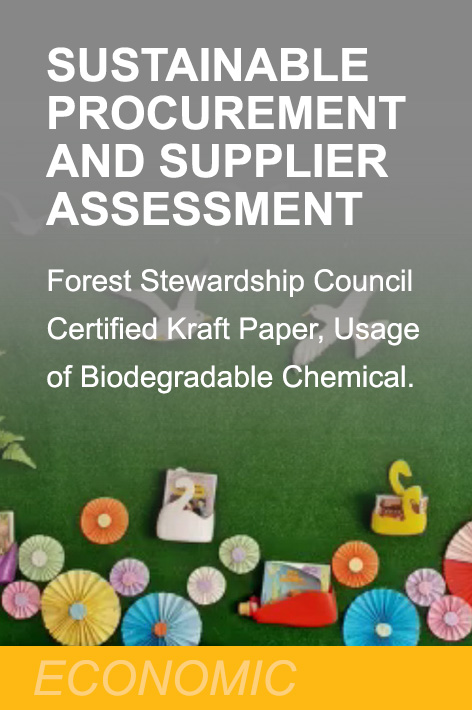
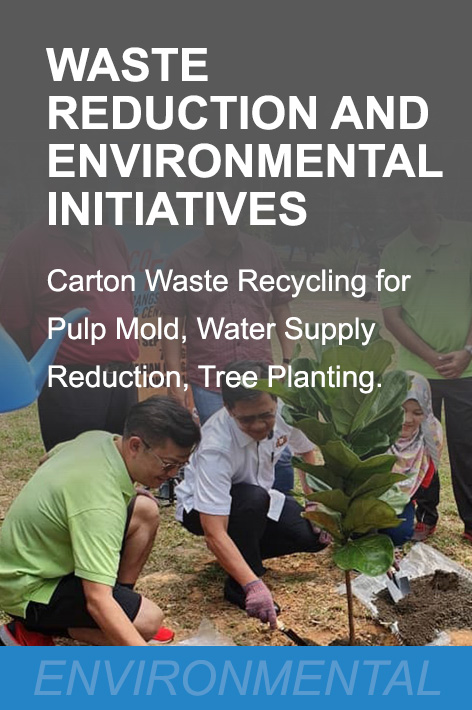




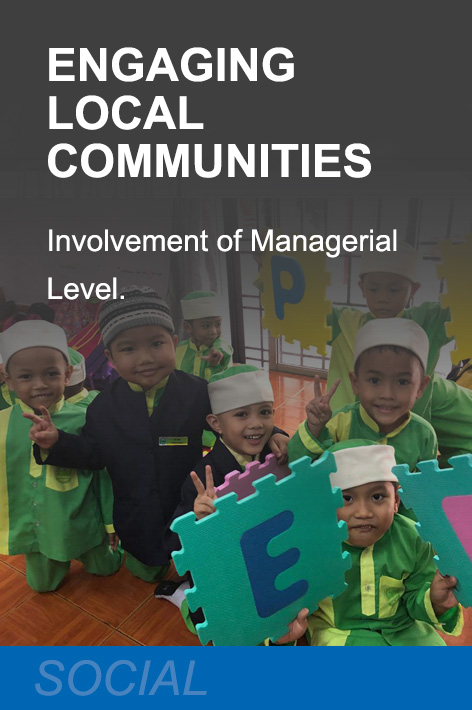
Social Responsible Activities & Corporate Events
On 2 September 2025, Century Bond Bhd (“CBB”) had the honour of supporting its holding company, KPS Berhad, in the "KPS School Aid" initiative , an effort aimed at assisting underprivileged and B40 students by providing them with essential school supplies.
As part of this initiative, representatives from KPS Berhad and CBB visited SK Senai, Johor to distribute school uniforms to selected students under the KPS School Aid 2025 programme.
This donation represents more than just school uniforms but it reflects a genuine spirit of care, support, and encouragement for the students of SK Senai. It is hoped that this thoughtful contribution will bring joy and inspiration, motivating our pupils to pursue their education with greater enthusiasm, confidence, and determination
02nd Sep 2025, SK Senai, Johor
On 23 August 2025, Century Bond Bhd (CBB), together with its sister company Toyoplas Manufacturing (M) Sdn Bhd (Toyoplas), organised the Merdeka Healthy Run at Hutan Bandar Putra, Kulai, in celebration of Malaysia’s 68th Independence Day. The event brought together both local and foreign workers from CBB and Toyoplas, aiming to strengthen the bond between the two companies and promote a healthy lifestyle among employees. The event was also graced by the presence of Toyoplas CEO, Mr. Andrew Soo Hoo, and CBB Vice President of Corporate Services, En. Zainal Abu Bakar.
23rd Aug 2025, Hutan Bandar Putra, Kulai, Johor
On 19 July 2025, KPS Berhad successfully hosted a vibrant team-building event at Impian Sport Skudai, bringing together employees from the headquarters and its subsidiaries—Century Bond Bhd (CBB), Toyoplas Manufacturing Sdn Bhd (Toyoplas), and Aqua-Flo Sdn Bhd. The full-day event was filled with exciting sports activities and friendly matches, all aimed at fostering unity, collaboration, and camaraderie across the KPS Group.
Adding to the excitement, KPS Berhad Managing Director, En. Ahmad Fariz Bin Hassan, was present to officiate the event and show his support to all the team players, further boosting morale and highlighting the company’s commitment to employee engagement and well-being.
Participants enjoyed a wholesome breakfast, a delicious lunch spread, and refreshing drinks courtesy of the ever-popular Milo truck, which added an extra boost of energy throughout the day.
From futsal and netball to badminton, the air was filled with laughter, encouragement, and team spirit. A heartfelt thank you goes out to KPS Berhad for organizing such a meaningful event that not only promotes physical well-being but also strengthens the bonds between teams across the organization.
Congratulations to all the match winners—and kudos to every participant who joined with full heart and enthusiasm!
19th Jul 2025, Impian Sport Skudai, Johor
The ACT-I Jelajah Anti-Rasuah (Anti-Corruption Tour), a key initiative by Kumpulan Perangsang Selangor Berhad (“KPS Berhad”) in collaboration with #RasuahBusters, continues its impactful journey across the nation. This campaign adopts a ‘three-pronged’ approach uniting NGOs, the corporate sector, and local communities to raise awareness about corruption and instill a culture of integrity among Malaysians. Century Bond Bhd, a proud subsidiary of KPS Berhad based in Senai, Johor, is fully committed to supporting this important initiative.
On 1 July 2025, the Anti-Corruption Roadshow reached SMK Bandar Putera 2 in Kulai, Johor, where over 600 students participated in a session led by #RasuahBusters and Century Bond Bhd. The event aimed to empower youth with the knowledge and values needed to stand firmly against corruption.
In addition, Century Bond Bhd also conducted an internal session to reinforce its anti-corruption policies and strengthen the company’s core values of transparency and integrity among its employees.
The strong participation and meaningful discussions reflect a shared commitment to shaping future leaders who are ethically grounded and resilient against corruption. Tackling corruption is not a solo effort as it demands strategic partnerships, open dialogue, and consistent engagement from all sectors of society.
Corruption not only undermines individual integrity but also inflicts lasting damage on communities and national development. The dedication shown by both the students and Century Bond Bhd’s workforce is a powerful step toward fostering a culture of accountability and ethical leadership.
At Century Bond Bhd, we remain steadfast in our commitment to integrity and proudly support the collective mission to build a corruption-free Malaysia.
01st Jul 2025, SMK Bandar Putera 2 Kulai, Johor
On 29 April 2025, as part of its annual Corporate Social Responsibility (CSR) initiative in collaboration with Pejabat Pendidikan Daerah Kulai, Century Bond Bhd (“CBB”) donated Xiaomi 55-inch Smart TVs to six (‘6”) selected schools. Among the recipients were two Tamil primary schools , SJKT Ladang Kulai Oil Palm and SJKT Kulai Besar. This meaningful contribution marks another step forward in enhancing education through technology.
In today’s fast-evolving world, education must keep up with the pace of change. These Smart TVs will empower teachers with access to a vast range of interactive teaching resources, while enabling students to enjoy a more engaging and impactful learning experience. Beyond being just digital tools, these Smart TVs open a window to the world and bridging the digital divide and expanding students' exposure to global knowledge.
CBB hopes that these Smart TVs will serve as catalysts in nurturing creative, critical-thinking, and tech-savvy students. For teachers, may they inspire continued innovation in delivering quality education.
29th Apr 2025, SJKT Ladang Kulai Oil Palm and SJKT Kulai Besar, Johor
Century Bond Bhd are proud to support a Solar-Powered Reverse Osmosis Desalination Project initiated by students from Universiti Teknologi Petronas. This initiative aims to provide the community of Green Island, Palawan, Philippines with reliable access to clean and safe water through an affordable and environmentally sustainable solution.
Access to potable water has long been a critical issue for underserved coastal communities like Green Island. Residents have been heavily dependent on inconsistent rainwater collection and expensive imported water, especially during the dry season, which makes daily living increasingly difficult.
This collaborative effort, held from 24 April 2025 to 1 May 2025, spans one week and focuses on technology, cultural exchange, and community development, offering impactful solutions that address both immediate needs and long-term sustainability for the people of Green Island.
24th Apr 2025, Green Island, Palawan, Philippines
On 26 January 2025, Century Bond Bhd (“CBB”) participated in a friendly football match with Toyoplas Manufacturing (M) Sdn Bhd ("TMM"), a fellow subsidiary under the KPS Group. The match took place at Arena Mutiara Johor Land, Bandar Dato Onn, Johor Bahru. This initiative was part of our ongoing effort to foster stronger connections among employees across the KPS Group while promoting physical health and teamwork. Beyond the spirit of competition, the event served as a platform to nurture a sense of unity and belonging within the group.
26th Jan 2025, Arena Mutiara Johor Land, Bandar Dato Onn, Johor Bahru
Century Bond Bhd has launched a No Single-Use Plastic campaign on 6 January 2025. As part of this initiative, we provide all staff with reusable food containers and bottles, replacing disposable plastic items like single use plastic food containers and plastic bottles. This program offers multiple benefits: for staff, it leads to cost savings, as they no longer need to buy disposable items; convenience, with personal containers for meals and drinks; and healthier choices, by ensuring their food and beverages are stored safely. For an environmental perspective, this initiative helps cut down on plastic waste, reduce landfill and ocean pollution. This campaign supports our sustainability goals, enhances our brand image as an eco-conscious business, and promotes a positive workplace culture. Ultimately, this campaign is an essential step towards a cleaner, greener future, benefiting both the environment and the company’s long-term success.
06th Jan 2025, Century Bond Factory, Senai, Johor